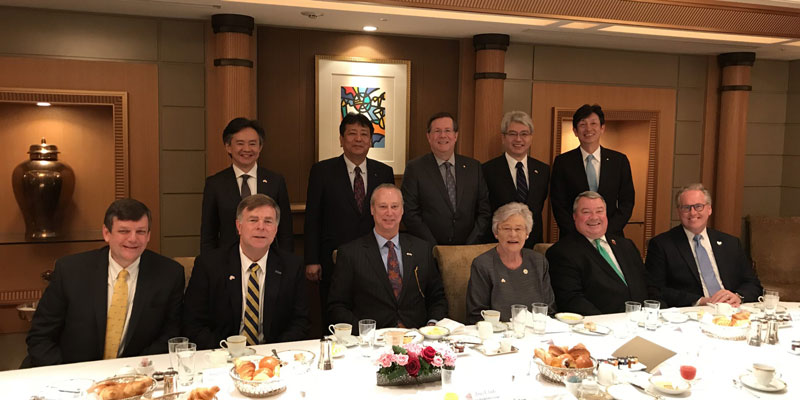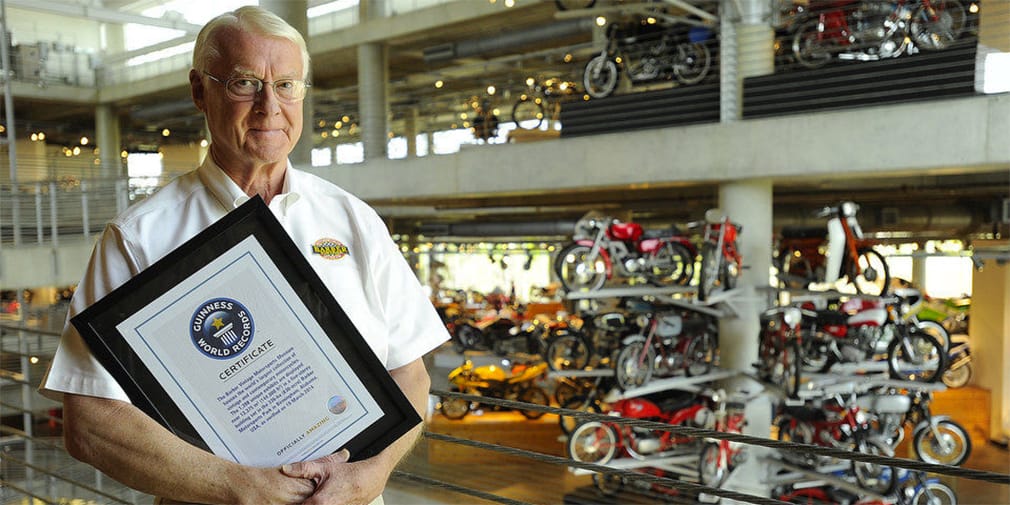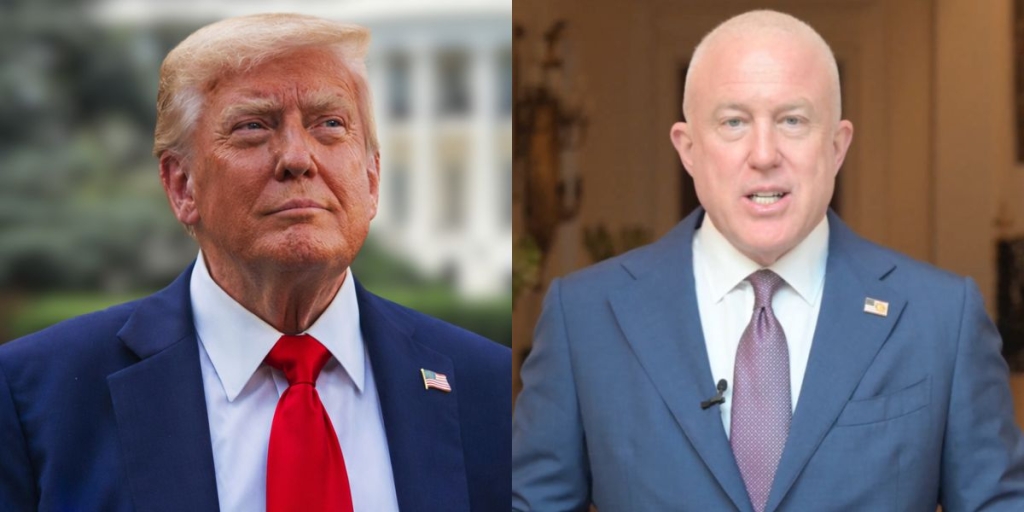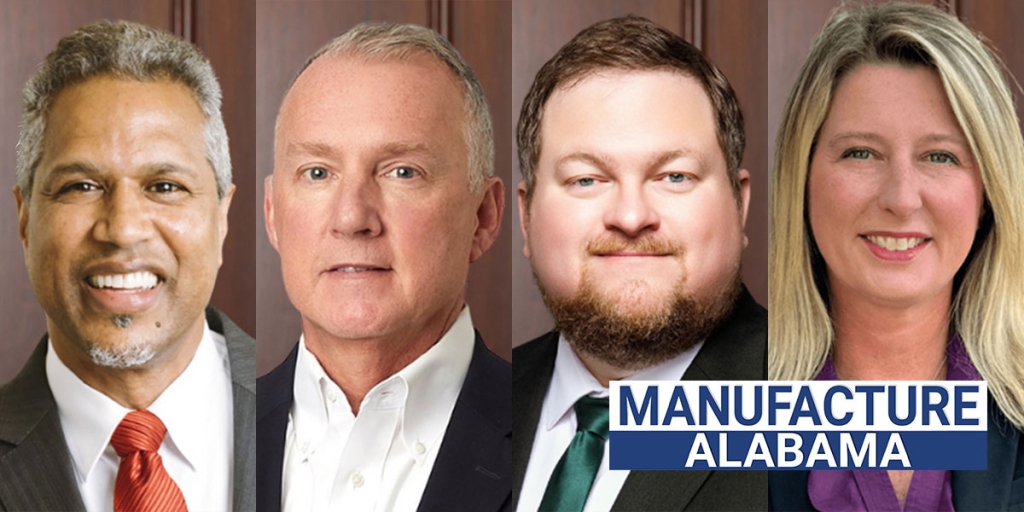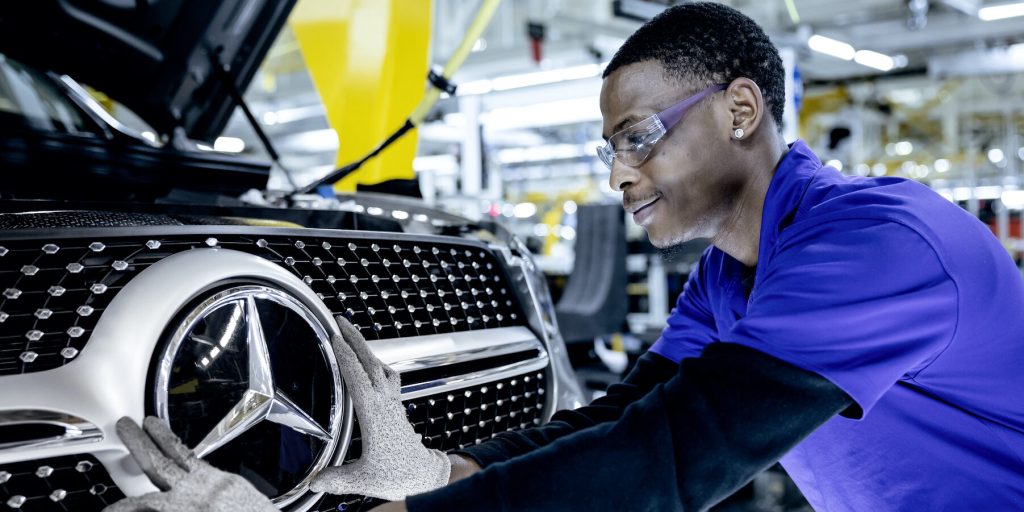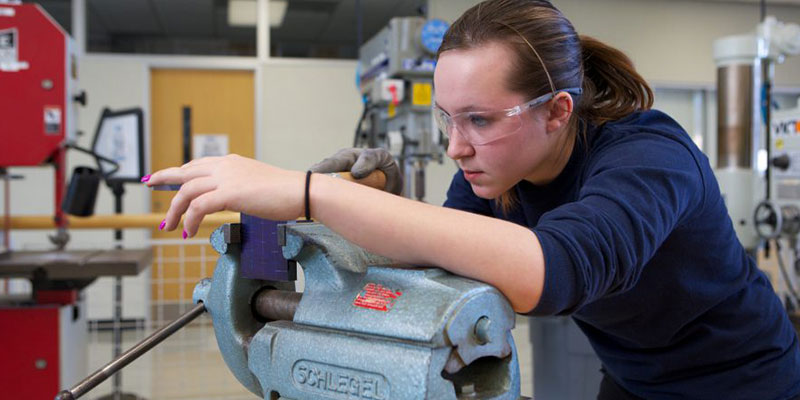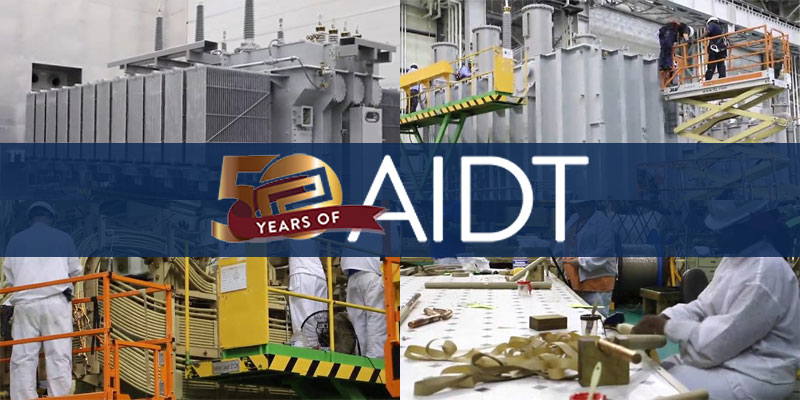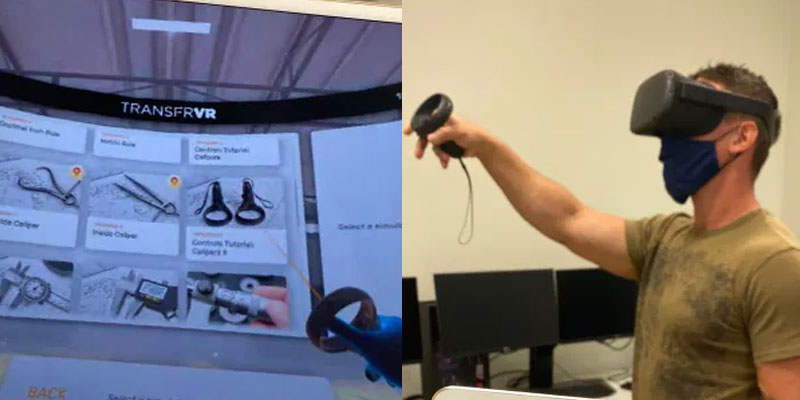Governor Kay Ivey said that meetings with high-level executives from Mazda, Toyota and Honda in Japan helped to fortify the state’s relationships with the global automakers and will facilitate their growth plans in Alabama.
Governor Ivey, Commerce Secretary Greg Canfield and a team of Alabama economic development specialists returned home Thursday after talks with the automakers and an appointment with Bill Hagerty, the U.S. Ambassador to Japan. The group traveled to Tokyo on Tuesday.
“Creating jobs is a team effort built upon solid relationships with business and industry leaders. When Mazda Toyota Manufacturing announced they were coming to Alabama, they chose to make this announcement in Montgomery, a sign of their support for the current direction of our state and a clear indication of the quality of our relationship,” Governor Ivey said.
“By visiting with Mazda, Toyota and Honda in their home country, we have continued to kindle our relationship with these fine companies and have returned the respect they showed by meeting with me at the state Capitol in recent months.”
MAZDA-TOYOTA APPOINTMENT
The Japan mission took place amid preparations by Mazda and Toyota to construct a $1.6 billion assembly plant in Huntsville that will have 4,000 workers and produce 300,000 vehicles per year.
“The supplier network will be substantial, and we’d like to see it anchored in Alabama.”
When production launches in 2021, Mazda Toyota Manufacturing USA, as the alliance is known, will become the first new assembly facility to open in Alabama since Hyundai opened a plant in Montgomery in 2005.“A goal of the mission was to reiterate our support for the development and implementation of the Mazda-Toyota joint venture’s supply chain strategy for the new assembly plant,” Secretary Canfield said. “The supplier network will be substantial, and we’d like to see it anchored in Alabama.”
Mazda and Toyota executives told the Alabama team the project remains on target, with construction work at the Limestone County site scheduled to begin by Oct. 1. The Alabama officials assured the automakers that the site will be graded and prepared for construction on that timeline.
Governor Ivey told the automakers that AIDT, the state’s primary workforce development agency, is ready to engage with them on developing a workforce program and suggested a near-term meeting to launch the process. AIDT has been involved in preparing Alabama’s auto industry workforce for a quarter century.
“Alabama has a wealth of resources that can help these great automakers build their business in the state, ranging from first-class contractors that can assist with construction to research universities eager to collaborate with them to discover technical advances and new processes,” Governor Ivey said.
“With this mission, we strengthened our critically important partnerships with these automakers and continued to make clear our commitment to helping them create jobs and grow over the long term, not just in their current locations, but throughout Alabama.”
HONDA APPOINTMENT
During a visit to Honda, the Alabama team spoke with Yohshi Yamane, a senior managing director, and received an update on an expansion at the automaker’s Talladega County plant that was announced in 2017. The $85 million projectis designed to improve manufacturing flexibility at the Alabama factory.
The group also got a briefing on possible new advanced technologies that could be introduced at the plant.
Governor Ivey and Secretary Canfield met Tsutomu “Mori” Morimoto, who became president of Honda Manufacturing of Alabama on April 1. He was previously president of Honda’s Canada operation.
Honda’s $2.6 billion Alabama facility has more than 4,500 employees and produces around 340,000 vehicles and V-6 engines each year.
During the appointment with Ambassador Hagerty, the discussion focused on the strength of the U.S. auto industry, particularly in the Southeast, where the sector continues to expand. Employment in the state’s auto industry employment today tops 40,000, a figure that has increased 150 percent since 2000, according to data from the Alabama Department of Commerce.
(Courtesy of Made in Alabama)




